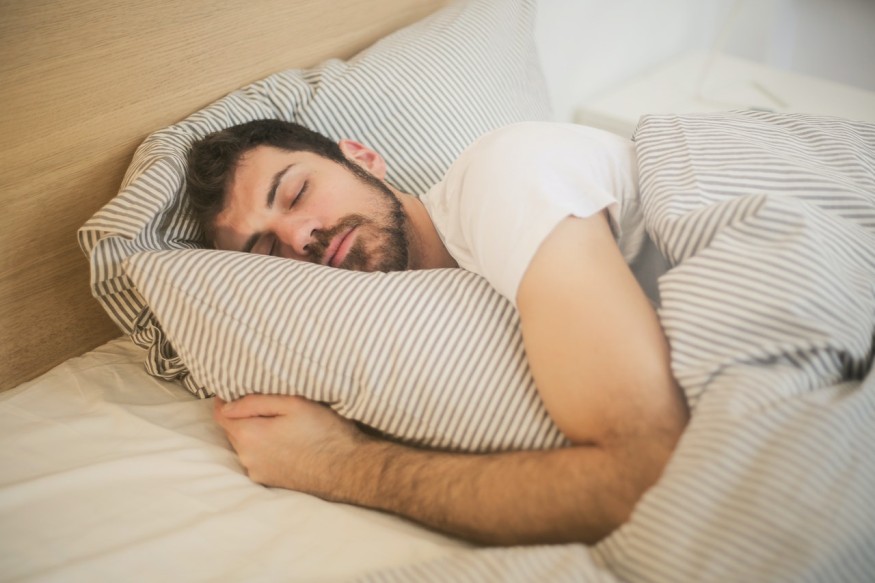
While rapid eye movement (REM) sleep occurs each night, there are several factors that affect how much REM sleep one experiences.
What Is Rapid Eye Movement (REM) Sleep?
The fourth stage of sleep, REM sleep, is characterized by rapid eye movement and patterns of brain activity that are similar to when one is awake. This stage of sleep is typically associated with dreams.
Eye movement behind the lids, increased brainwave speed, and fluctuations in temperatures are some of the reasons why scientists refer to REM sleep as active sleep. However, due to muscle activity suppression during this stage of sleep, one stays relatively physically still.
REM is crucial to emotional and mental recovery. In this stage of sleep, short-term memories at the motor cortex are transferred to the temporal lobe. This process is done to ensure that these memories become long-term ones.
Research has also revealed that REM sleep helps people recover from experiences that are traumatic by aiding with the suppression of troubling memories. This explains why it is important to get enough rest after a stressful day.
In most adult cases, REM sleeps for 90 minutes. However, this does not take place at once. Rather than that, it happens during various sleep cycles.
ALSO READ : How REM Sleep and Appetite Are Connected
REM Rebound: Having Too Much REM Sleep
Now, it is possible to have too much REM sleep, which is a phenomenon referred to as REM rebound. When one experiences REM rebound, the person gets more REM sleep than usual. The duration, intensity, and frequency of REM sleep stages could increase.
REM rebound typically occurs after one experiences sleep deprivation and stress. It is also common to humans and animals.
Though experiencing clear nightmares or dreams could hint REM rebound, the most accurate way to identify REM rebound is to undergo an electroencephalogram (EEG) procedure to measure brain waves during sleep.
Given the mysteries of sleep, scientists still do not fully know why REM rebound sleep takes place. Nevertheless, specialists were able to pinpoint some factors and hormones that contribute to this. Some hormones involved in REM rebound include Adrenocorticotropic hormone (ACTH) and Corticotropin-releasing hormone (CRH), among others.
The leading cause of REM rebound sleep, however, is sleep deprivation, which refers to when a person does not reach the minimum recommended number of sleep hours every night. Having prolonged sleep deprivation could trigger REM rebound.
Stress is also a precursor of REM rebound. Researchers think that the REM stage aids with emotional regulation and negative experience reframing. Hence, having an increased REM sleep after experiencing a rough day could be the body's adaptive response. Getting more REM sleep after a traumatic experience could also reduce one's likelihood of having post-traumatic stress disorder (PTSD).
There are also certain drugs, such as antipsychotics and antidepressants, that suppress REM sleep and result in REM rebound sleep when the person stops taking the drug. Some sleep medications, including barbiturates and benzodiazepines, also suppress REM sleep.
That being said, experiencing REM rebound is not indicative of a sleep disorder. However, since REM rebound is mainly due to sleep deprivation, it is important to note that several individuals dealing with sleep disorders also experience sleep deprivation. As such, REM rebound may occur among those with narcolepsy, obstructive sleep apnea, and parasomnias.
Check out more news and information on Medicine and Health in Science Times.
© 2026 ScienceTimes.com All rights reserved. Do not reproduce without permission. The window to the world of Science Times.











